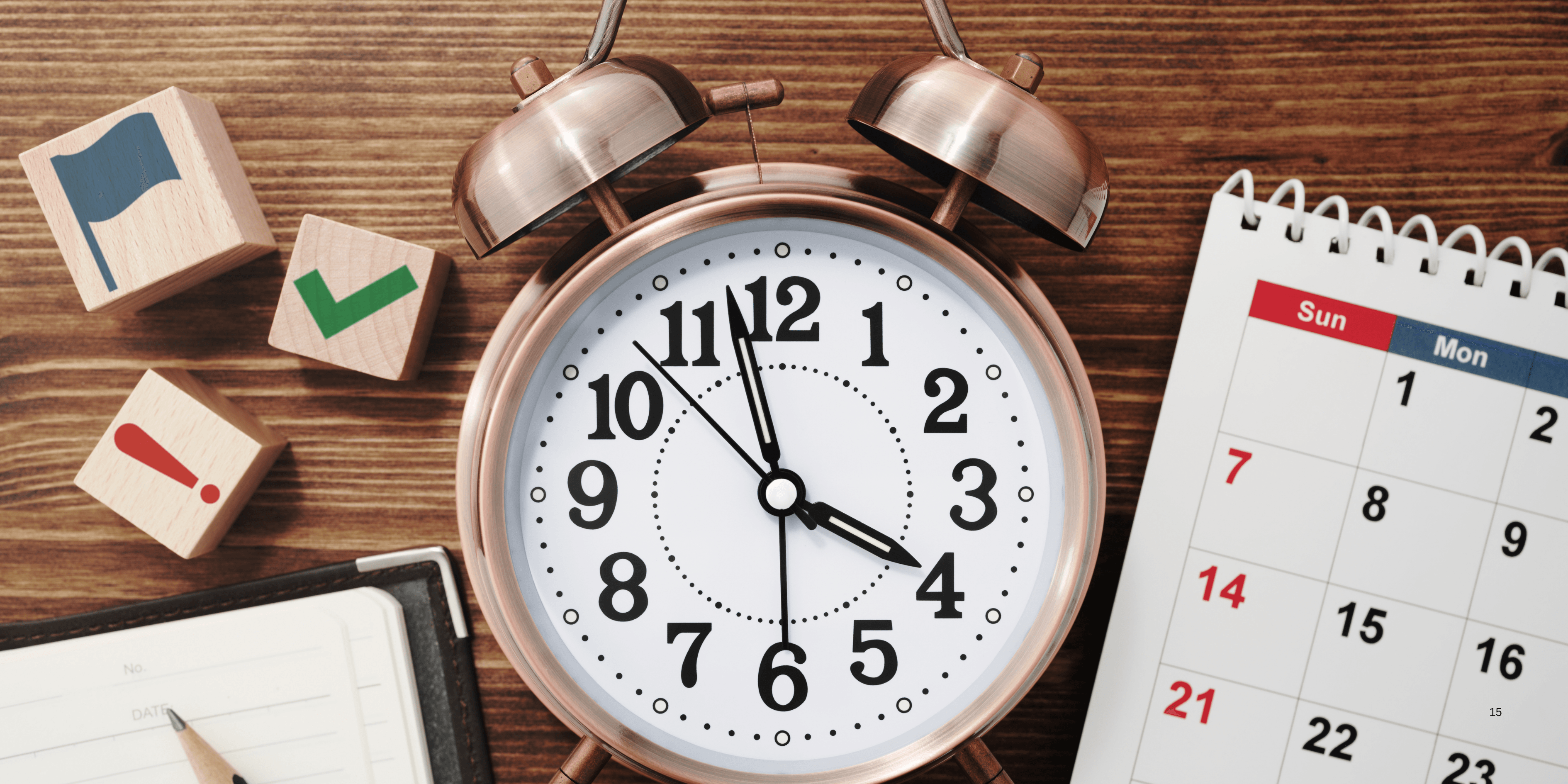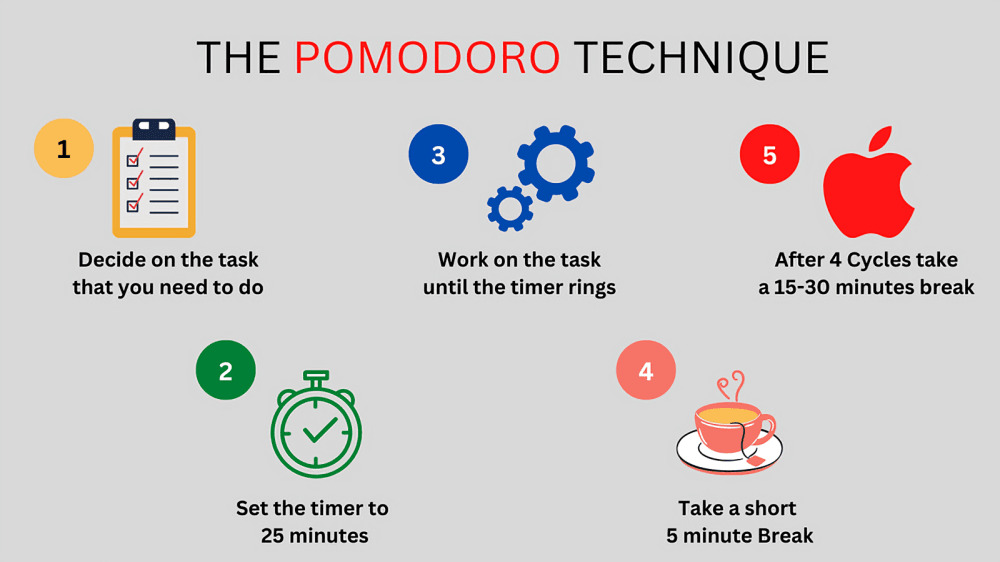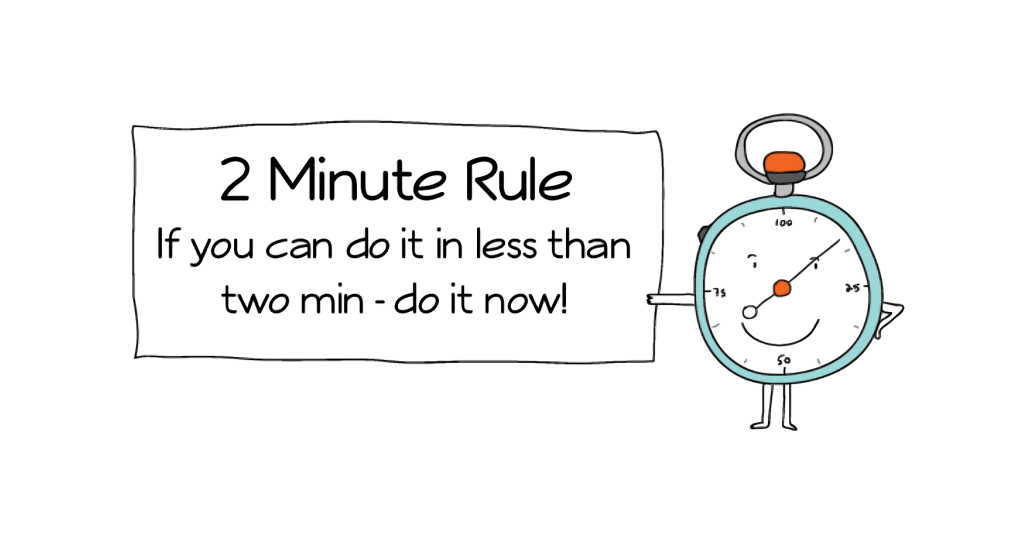
“
Achieving balance in a fast-paced world depends on applying the best time management strategies that respect both your professional and personal life. Whether you're navigating a demanding job or trying to find time for yourself, mastering these strategies transforms your lifestyle.1
1
”
Ancient Greek philosopher Socrates believed that “beware the barrenness of a busy life,” encouraging people to be intentional with their time instead of filling their days with unmeaningful tasks. 1
Studies show that setting boundaries between work and home responsibilities increases daily satisfaction and productivity, giving the brain space to focus without overwhelming interruptions from either side. 2

The Pomodoro Technique, which involves working in 25-minute focused blocks followed by short breaks, has proven effective in boosting attention span and reducing mental fatigue over long work hours.
Creating a weekly schedule with non-negotiable breaks and family time enhances emotional stability, helping individuals perform better at work while also feeling more connected at home. 3
Professionals who plan the next day’s tasks the night before report better sleep and lower anxiety, as their brain doesn’t remain active with thoughts of unfinished work overnight. 4
Research shows that multitasking significantly reduces efficiency and performance, whereas focusing on one task at a time increases accuracy and allows more tasks to be completed within the same time. 5
Saying “no” to non-essential commitments is a powerful time management strategy. It helps maintain work-life balance by reducing stress caused by taking on too many responsibilities at once. 6
Prioritizing tasks using the Eisenhower Matrix—dividing actions into urgent, not urgent, important, and not important—improves decision-making and ensures critical goals aren’t buried under trivial work. 7

Time blocking your calendar—even for personal care—ensures you stick to your priorities. Allocating dedicated hours for health, hobbies, and family prevents burnout and promotes holistic productivity.
Establishing a consistent sleep routine enhances energy, sharpens concentration, and allows more effective time use during waking hours, making it easier to handle both work and personal duties. 8
Setting digital boundaries—like disabling notifications during off-hours or turning off work emails at home—helps prevent work from spilling into personal time and improves mental clarity. 9
Using “theme days,” where certain tasks are grouped and done on specific days, helps reduce task-switching fatigue and gives your brain more capacity to focus deeply and creatively. 10
Automating repetitive tasks, such as bill payments or email replies, frees up time for high-impact activities. It’s a strategy that compounds over time, giving you more flexibility each week. 11
Taking regular mini-breaks during the workday, such as a five-minute walk or brief meditation, resets the brain, improves focus, and prevents the burnout that disrupts work-life balance. 12
Delegating tasks, both at work and at home, allows for shared responsibilities. This strategy reduces overload and helps build trust and collaboration among team members or family members. 13

Using a “two-minute rule”—immediately doing tasks that take two minutes or less—eliminates small backlogs and creates momentum throughout the day for better time and energy flow.
Avoiding over-planning your day gives you space to deal with surprises calmly. Leaving buffers in your schedule ensures you don’t fall behind and still manage personal responsibilities. 14
Blocking one or two hours per week as "reflection time" helps evaluate how your time is spent and allows course corrections before imbalance leads to chronic stress or missed life moments. 15
Even highly productive individuals like doctors benefit from mindfulness practices. Brief meditations or deep breathing during long shifts help manage stress and restore focus for better work-life balance. 16
As author and physician Oliver Sacks once wrote, “To live on a day-to-day basis is insufficient.” Long-term planning and intentional time use help craft lives full of purpose, not just activity. 17


